地方商会制度变迁与发展研究——以改革开放后的宁波商会为例
浙江财经学院硕士学位论文I摘要本文将视角着眼于地方商会制度变迁与发展这一问题上,兼顾其对民营经济发展影响的阐述。随着民营经济发展而发生的地方商会制度变迁是中国经济体制改革的重要组成部分。本文运用制度分析的方法,探讨了宁波商会发展的经济基础、政府创造的行政法律环境、传统所创造的文化环境和渊源,分析了在特定制度空间下的宁波商会在自主治理机制、行业治理和政府关系治理等三方面的制度变迁与发展,试图揭示宁波商会在法律制度、政府管理制度、政府与商会职能规范、商会自身发展等方面存在的制度缺陷和面临的困境,提出宁波商会进一步发展所需要的制度创新手段。本文运用的主要研究理论和方法为制度变迁理论、第三部门理论和治...
相关推荐
-
公务员思想政治教育研究VIP免费
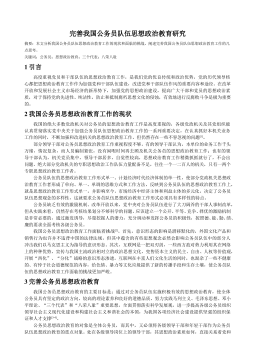
 2024-10-15 59
2024-10-15 59 -
在线社会网络中用户行为的实证分析与机制建模研究VIP免费
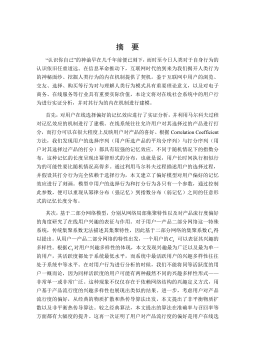
 2025-01-09 12
2025-01-09 12 -
智能优化方法对神经网络的改进及应用研究VIP免费
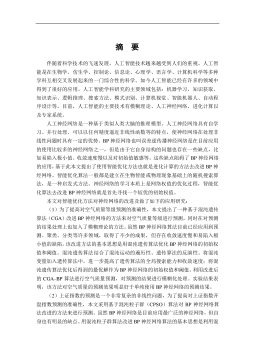
 2025-01-09 16
2025-01-09 16 -
鲜切哈密瓜保鲜技术研究VIP免费
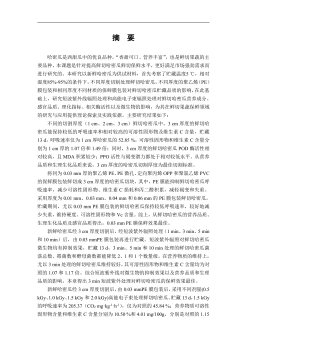
 2025-01-09 29
2025-01-09 29 -
小城镇道路网级配方法及应用研究VIP免费
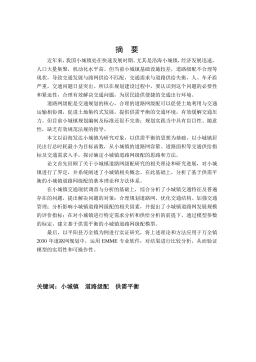
 2025-01-09 14
2025-01-09 14 -
医学信息集成测试系统的研究与实现VIP免费
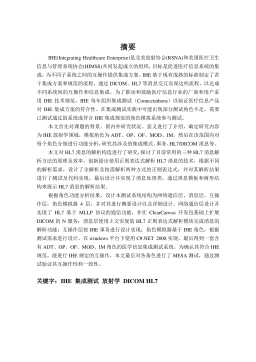
 2025-01-09 18
2025-01-09 18 -
余热驱动氨水吸收式制冷系统的理论及实验研究VIP免费
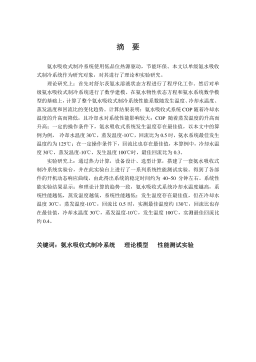
 2025-01-09 11
2025-01-09 11 -
喷雾降温技术适用性及热环境研究VIP免费
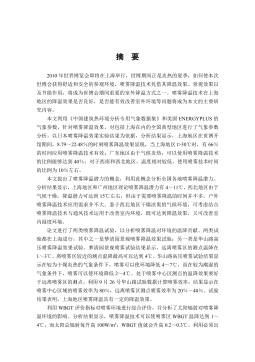
 2025-01-09 13
2025-01-09 13 -
收缩—扩张喷嘴的气泡雾化数值模拟VIP免费
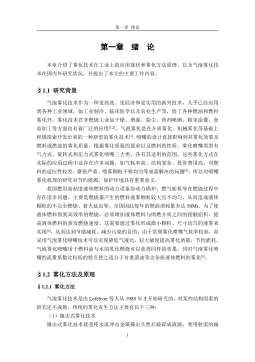
 2025-01-09 24
2025-01-09 24 -
支持供应链的工作流系统结构及其计划与调度的研究与应用VIP免费
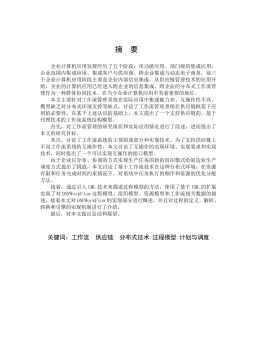
 2025-01-09 43
2025-01-09 43
相关内容
-

医学信息集成测试系统的研究与实现
分类:高等教育资料
时间:2025-01-09
标签:无
格式:PDF
价格:15 积分
-

余热驱动氨水吸收式制冷系统的理论及实验研究
分类:高等教育资料
时间:2025-01-09
标签:无
格式:PDF
价格:15 积分
-

喷雾降温技术适用性及热环境研究
分类:高等教育资料
时间:2025-01-09
标签:无
格式:PDF
价格:15 积分
-

收缩—扩张喷嘴的气泡雾化数值模拟
分类:高等教育资料
时间:2025-01-09
标签:无
格式:PDF
价格:15 积分
-

支持供应链的工作流系统结构及其计划与调度的研究与应用
分类:高等教育资料
时间:2025-01-09
标签:无
格式:PDF
价格:15 积分






